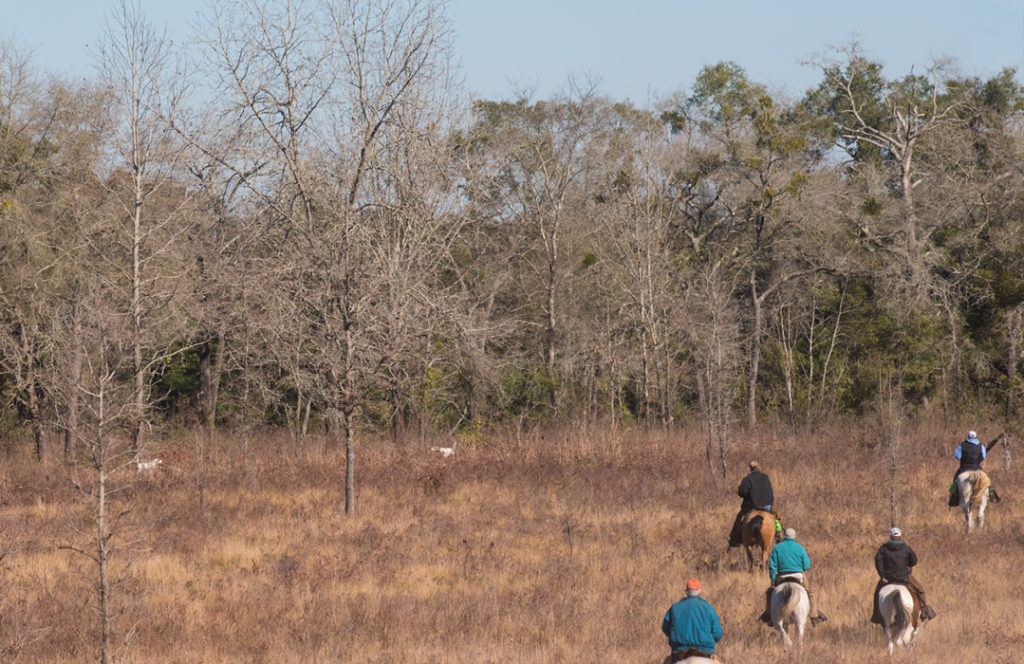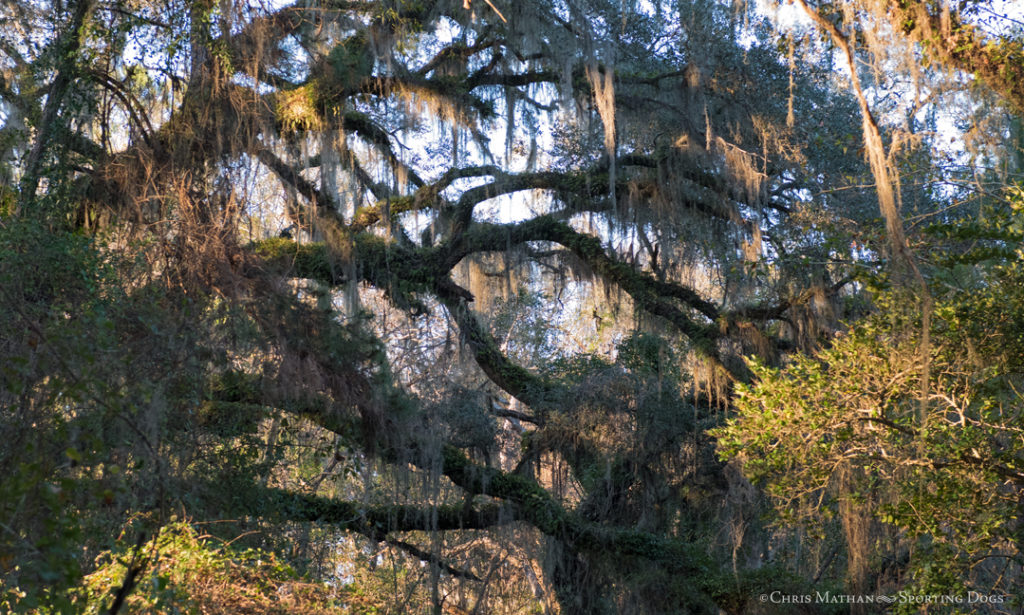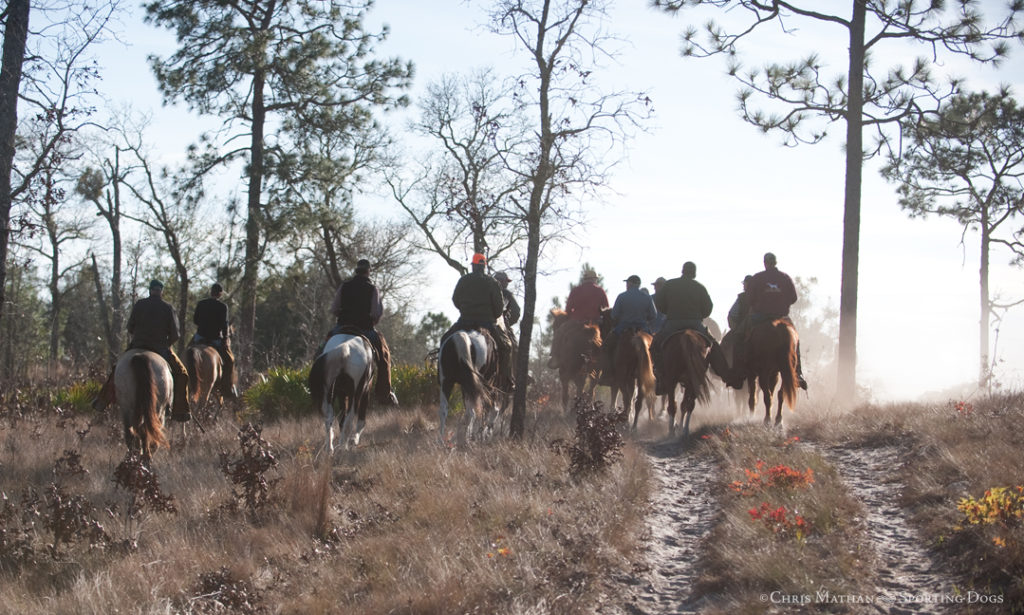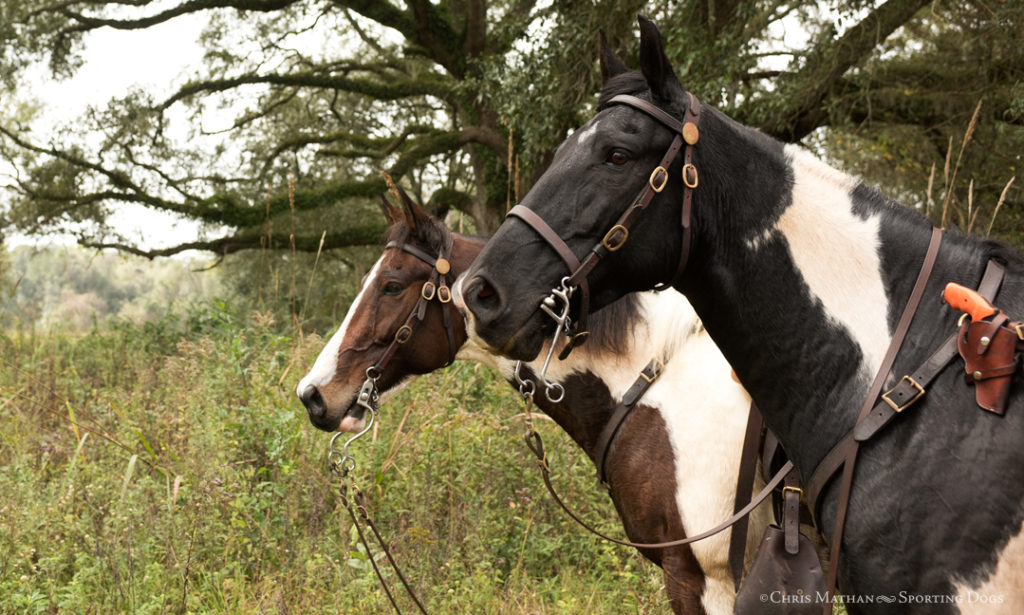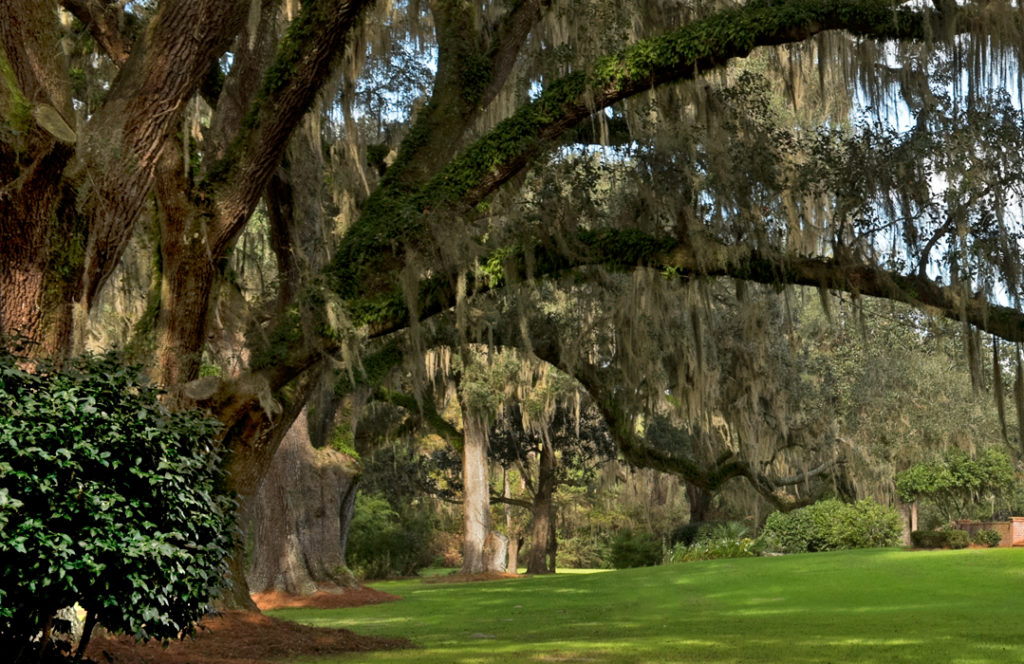
Ike Brown had a derby to sell.
The derby, Fast ‘N Furious, had made a reputation by scoring three firsts in prairie trials.
It was January first now, and Ike decided it was the time to sell F&F. The ideal buyer was a person intent on winning the Continental Derby Championship, set to begin the third Monday of the month.
F&F appeared to be an ideal candidate. And he was, almost. But he had one hole, and a big one. So far, only Ike and his scout, Booty Blevins, knew of the hole.
Read more
